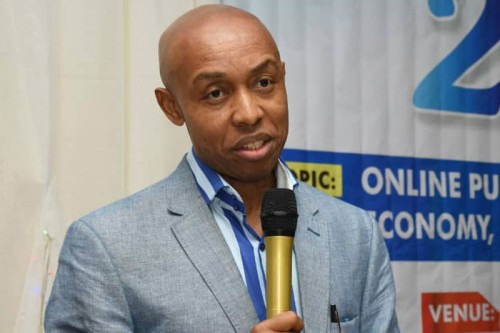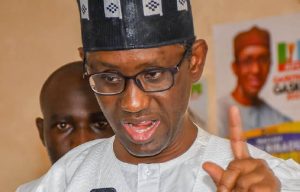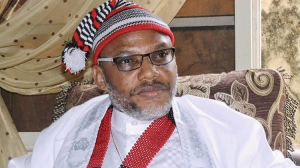London, 14 June 2025 – The Nigerian judiciary faces fresh scrutiny over its commitment to impartiality following a controversial incident involving a senior Justice of the Supreme Court (JSC). Just days after the Edo State Governorship Election Petition concluded, the second-most senior JSC was reportedly in Benin-City, in circumstances that have raised questions about judicial propriety.
Chidi Odinkalu, a prominent Nigerian lawyer and former Chairman of the National Human Rights Commission, highlighted the issue in a series of posts on X. He argued that the judge’s presence in the state, in the company of certain individuals, was ill-timed and damaging to the perception of judicial impartiality. “Only the wilful would miss the implications of that for optics of judicial impartiality,” Odinkalu stated.
The incident comes in the same week Nigeria mourned the loss of its longest-serving Supreme Court Justice and second-longest-serving Chief Justice of Nigeria (CJN). Odinkalu’s remarks underscore a broader concern about “tone-deafness” to judicial integrity at a time when public trust in the judiciary is already fragile.
Odinkalu’s posts sparked debate, with some political and judicial insiders defending the judge’s actions. They argued that judges are entitled to a social life and the constitutional right to free movement. However, Odinkalu firmly rejected these justifications, citing the Judicial Code of Conduct, which imposes strict constraints on judges’ social interactions and movements. “Those who claim that a judge can mix with anyone or go anywhere are either deliberately uninformed or wilfully illiterate,” he wrote.
The Code, accessible via the National Judicial Council’s (NJC) website, outlines mandatory standards to ensure judges maintain impartiality and avoid conflicts of interest. Odinkalu emphasised that being a judge is a “serious privilege” that comes with significant obligations, including limitations on social engagements. He argued that judges who find these constraints too restrictive can resign to enjoy greater personal freedoms, a choice he described as both “honest and lawful.”
Odinkalu warned that failure to uphold these standards risks normalising “judicial impunity” and eroding the judiciary’s revered status. Historically, judges were held to near-divine standards, earning them the honorific “My Lord.” However, Odinkalu lamented that this “implicit bargain” has been undermined in favour of casual attitudes toward judicial conduct.
He called on the NJC to enforce consequences for infractions that compromise public perceptions of judicial integrity. “The leadership of the judiciary has a duty to ensure consequences,” he wrote, urging citizens to hold the judiciary accountable where its leadership fails.
The incident has fuelled discussions about the state of Nigeria’s judiciary, with many echoing Odinkalu’s concerns. No one has disputed the core facts he presented, and some have provided corroborating details. Critics argue that the judiciary, described by Odinkalu as a “shrine in whose sanctity every citizen must have an interest,” cannot afford to ignore such lapses, particularly during sensitive post-election periods.
As Nigeria grapples with these revelations, the incident serves as a stark reminder of the delicate balance between judicial independence and accountability. With the NJC yet to respond publicly, all eyes are on how the judiciary will address this challenge to its integrity.
Subscribe to our newsletter!






